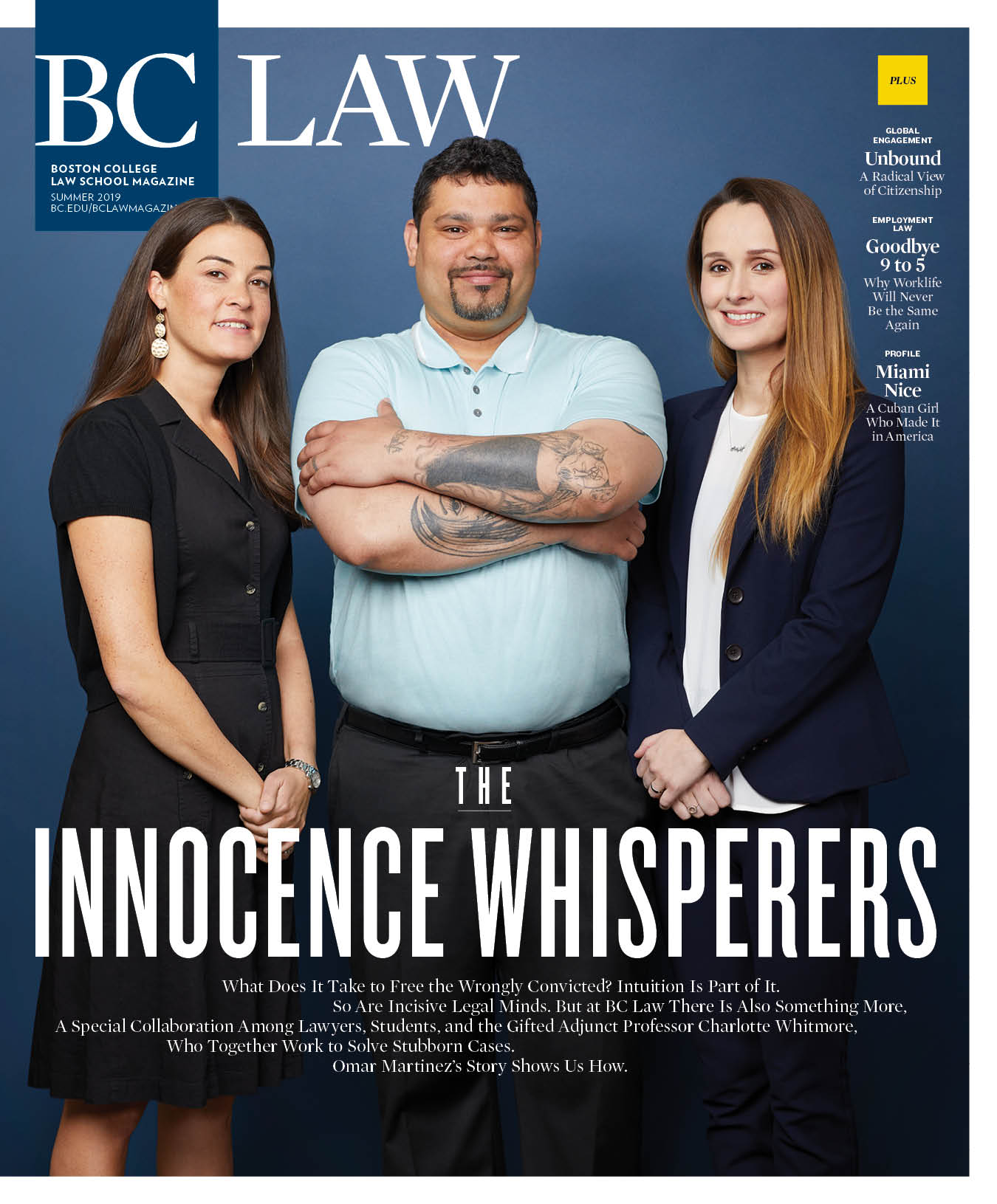
As an international authority on labor and employment law, BC Law Professor Thomas C. Kohler asks fundamental questions about the nature and dignity of work and its impact on the people who perform it.
In a 2008, he wrote of a looming crisis in labor and employment law globally and an urgent need for new thinking about “the kind of global economic and work relationships that will sustain democracies and allow humans to flourish.”
Nowadays, he sees an acceleration in the breakdown of long-established norms governing employment and a growing tendency of employers to see workers purely as profit centers, “mostly fungible and fully disposable.” The rise of the gig economy, he says, has challenged legal systems worldwide to reconsider who is and who is not an employee, and what that means in a era of unstable working relationships.
This shift is perhaps more unbridled in the US than in other advanced societies, says Kohler. No other country he knows of has employment “at will,” a system supposed to be conducive to the freedom of both employers and employed, but in fact is highly favorable to employers. Benefits that most Europeans take for granted, including paid vacations and parental leave, are far from universal in the US.
Another key change is erosion of the consensus that workers’ right to organize is a legitimate part of democracy. Kohler recalls that even tough employers’-side lawyers once believed that “collective bargaining as a private ordering system was far more desirable than state ordering of the employment relationship.” He sees recent SCOTUS decisions as evidence of the Court’s willingness to dismantle the very systems of self-organization he regards as the bedrock of democracy.
The stakes are high: “Work is a moral issue, and it goes beyond simply what’s equitable in the workplace to what sort of society we want,” he says.
Sources: US Bureau of Labor Statistics, The Atlantic, Economic Policy Institute, FRED© Economic Data, AAUW, Fortune.com, Backgroundchecks.com, Pew Research Center, CNN Business, CNBC, Small Business Labs, Business Insider, EEOC.gov
To view the infographic, click here.


